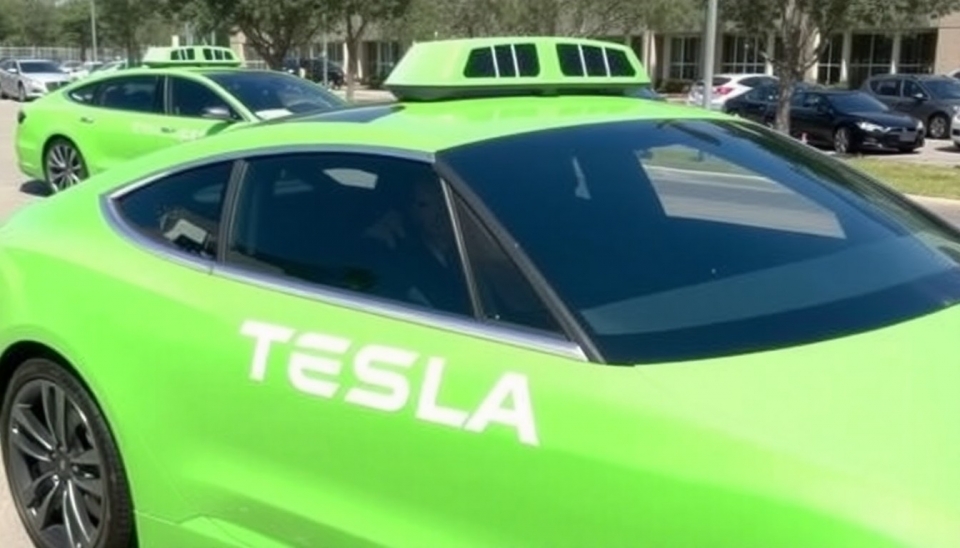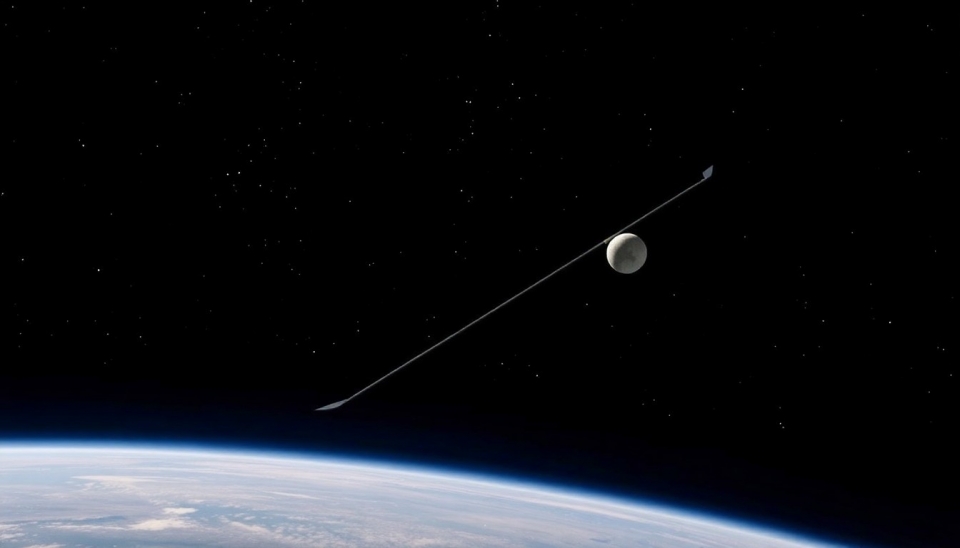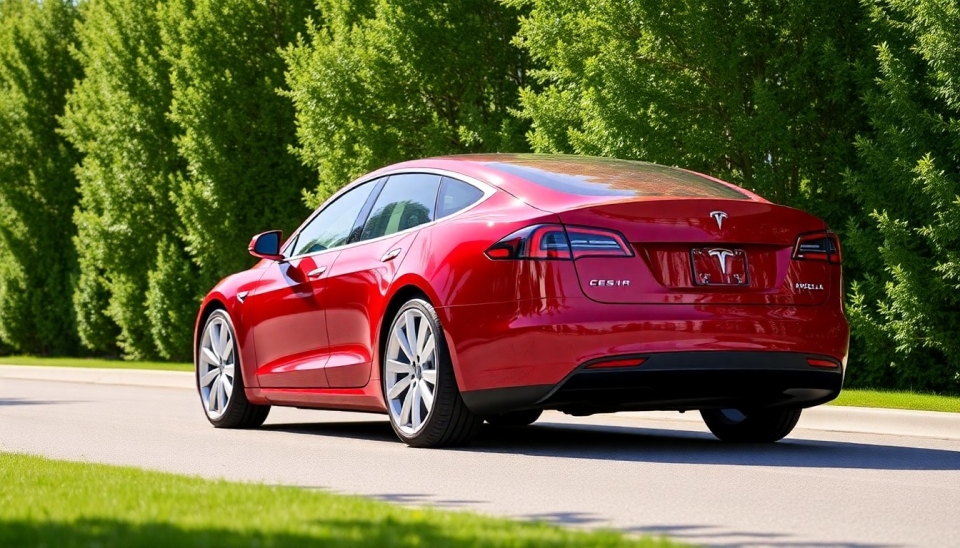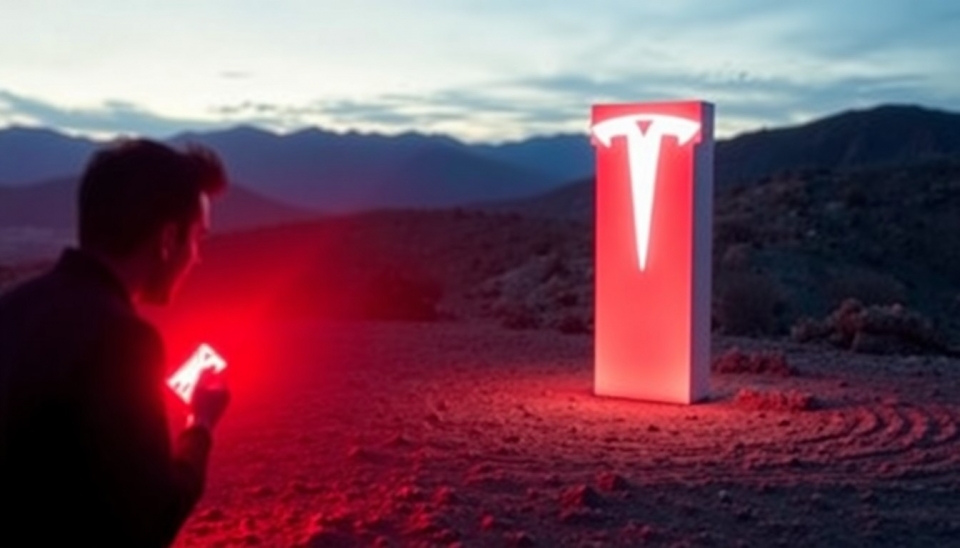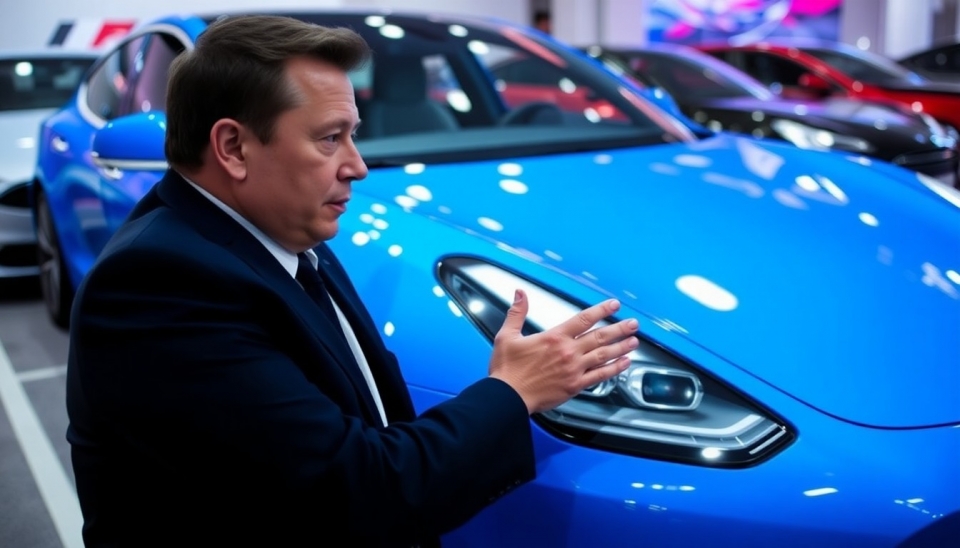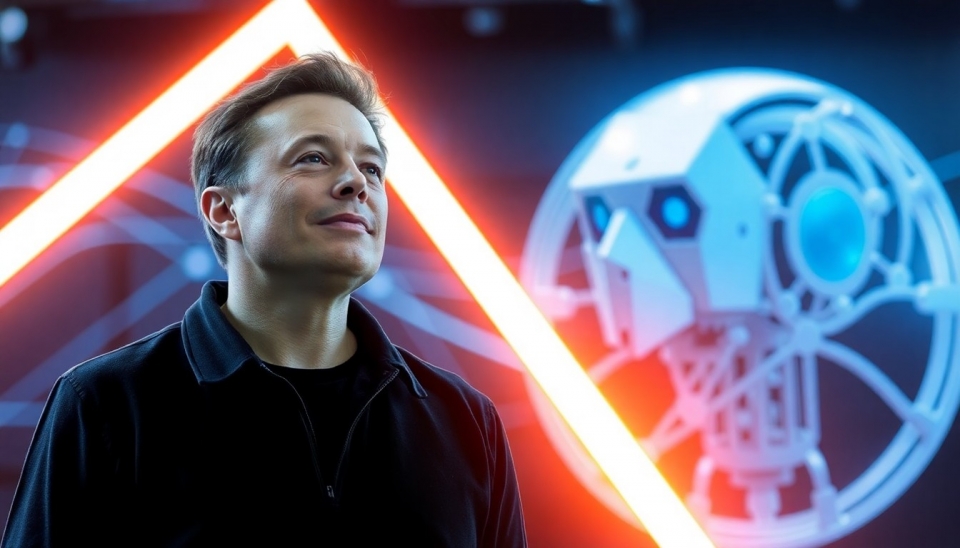
In the ever-evolving landscape of artificial intelligence, few names resonate as strongly as that of Elon Musk. Renowned for his entrepreneurial ventures across various sectors, including electric vehicles, space exploration, and tunneling, Musk has also been a pivotal figure in the AI domain. However, his relationship with OpenAI—a company he co-founded—has become increasingly complex, presenting both challenges and opportunities for the organization.
While Musk initially supported OpenAI’s mission to promote and develop friendly AI for the betterment of humanity, he later expressed significant concerns over the rapid advancements in AI technology, particularly regarding safety and ethical implications. These apprehensions have led to an ongoing discourse about the ramifications of powerful AI systems in both private and public spheres.
Musk's influence in the tech industry is undeniable, yet his criticisms of OpenAI pose a unique dilemma. He has consistently argued that AI should be closely monitored and regulated to prevent misuse and catastrophic outcomes. This perspective is a double-edged sword; it highlights legitimate concerns about AI safety while also positioning Musk as a potential adversary to OpenAI’s goals. The company has aimed for transparency and open collaboration, values that Musk's criticisms sometimes seem to undermine.
Recently, the conversation has intensified, especially after the release of advanced AI models capable of performing complex tasks that were once considered far-off projections. While these models hold incredible potential, they also raise questions about control and accountability. Musk has been vocal about his fears that unchecked AI development could lead to scenarios where AI systems act in ways that are harmful or unpredictable, asserting that more stringent regulatory frameworks are necessary.
OpenAI, on the other hand, continues to pursue its mission to create beneficial AI. The organization has sought to balance innovation with caution, pursuing partnerships and initiatives aimed at fostering responsible AI development. This endeavor is complicated by Musk's high-profile critiques, which can polarize opinions within the industry and the broader public. As a co-founder, his voice carries weight, influencing stakeholders who may view his opinions as indicative of broader risks associated with AI technologies.
Moreover, Musk’s arsenal of companies—including Tesla and SpaceX—has significant stakes in AI as well. The tools being developed are integral not only for autonomous vehicles but also for enhancing efficiency in myriad processes across his businesses. As such, there exists a paradox; Musk requires advanced AI for his ventures while simultaneously pushing for stringent oversight, resulting in a complex interplay of interests that is hard to navigate.
As the situation unfolds, it remains clear that Musk is not a problem that will simply disappear for OpenAI. His critiques are becoming increasingly relevant as the field of artificial intelligence continues to command attention from policymakers, businesses, and the public alike. Moving forward, OpenAI will need to navigate this intricate landscape with care, balancing innovation against the very real concerns Musk has raised.
In conclusion, the relationship between Elon Musk and OpenAI is emblematic of the broader challenges that organizations face as they attempt to chart a course through rapidly advancing technology. Both parties share a common goal of ensuring that AI facilitates positive outcomes for humanity, yet their approaches differ significantly, underscoring the need for ongoing discourse and collaboration in this important field.
#ElonMusk #OpenAI #ArtificialIntelligence #TechNews #Innovation #AIRegulation #EthicsInAI #FutureOfAI #MuskEffect
Author: Liam Carter
